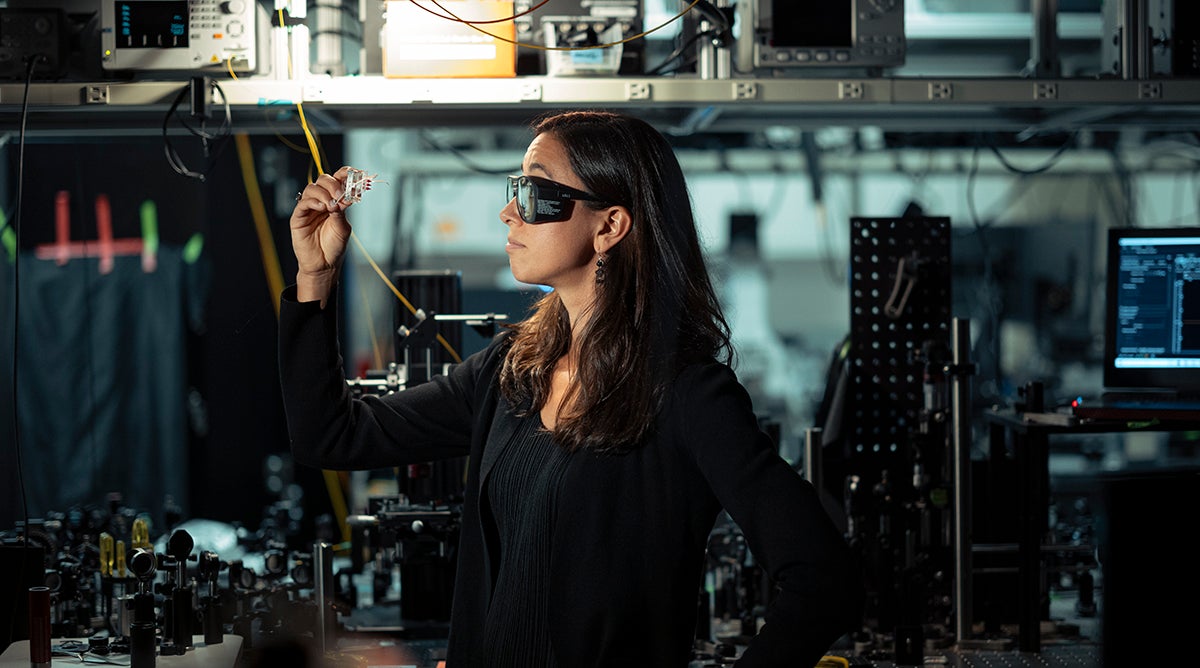Postdoctoral Scholars

Stanford’s thriving academic community includes approximately 2,500 postdoctoral scholars distributed over seven schools. Postdocs contribute to the university’s research, education and clinical missions through research, mentoring, teaching, filing patents, creating software and other activities. About 60 percent of postdocs are international, bringing perspectives from varied cultures and backgrounds to Stanford.
Fall 2023
2,463*
total postdocs (excludes medical fellows)
30%
increase in # since 2012
*Excludes Medical Fellows
| Gender Balance | Percentage |
|---|---|
| Women | 45% |
| Men | 55% |
Professional Development
Stanford’s Office of Postdoctoral Affairs provides professional development and administrative support to postdoctoral scholars and the more than 800 faculty with whom they train. Key programs are directed at early training plans, teaching and grant writing. The Designing Your Postdoc curriculum is adapted from the d.school’s Designing Your Life work and helps new postdocs maximize their training at Stanford through design thinking. The Postdoc Teaching Certificate provides a framework for thinking about, preparing for and practicing teaching. The new Postdoc Mentoring Coaches amplify mentoring training and nucleate a community of postdocs who are expanding their mentoring skills. The Stanford Grant Writing Academy is a key collaborator in supporting postdocs writing fellowship and career development proposals.
Other professional development collaborators include Biosci Careers, Stanford Career Education and the office of the Vice Provost for Graduate Education, which are geared to support growing independence and career transition. The NSF-funded Research University Alliance of nine research-intensive institutions now provides a rich national network for research exchange, professional development and advancement into faculty careers.
Community
The Office of Postdoctoral Affairs works to provide community for postdoctoral scholars. The PRISM recruitment program has successfully expanded the pool of scholars considering postdoctoral training at Stanford, enriching the population. SURPAS, the postdoc association, actively advocates on behalf of the entire population and organizes social activities with subcommittees focused on areas such as family, international scholars, transportation and housing, and career development. Affinity groups include the Stanford Black Postdoc Association, Stanford Chinese Postdoc Association, the Stanford LatinX Postdoc Association and LGBTQ+ postdocs.